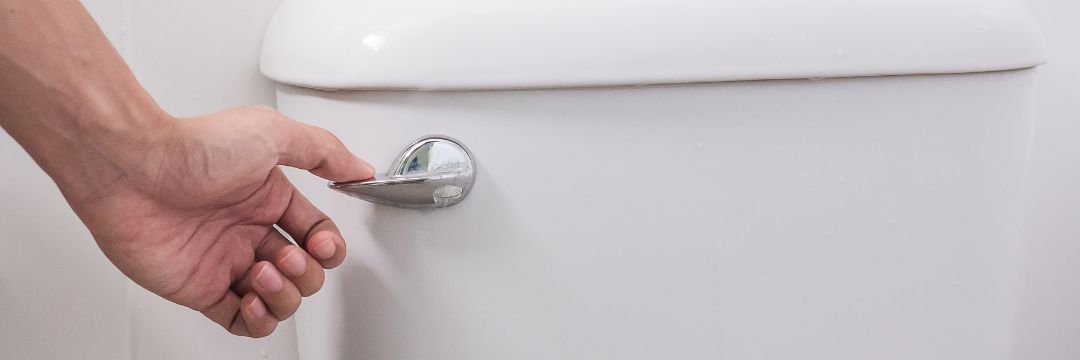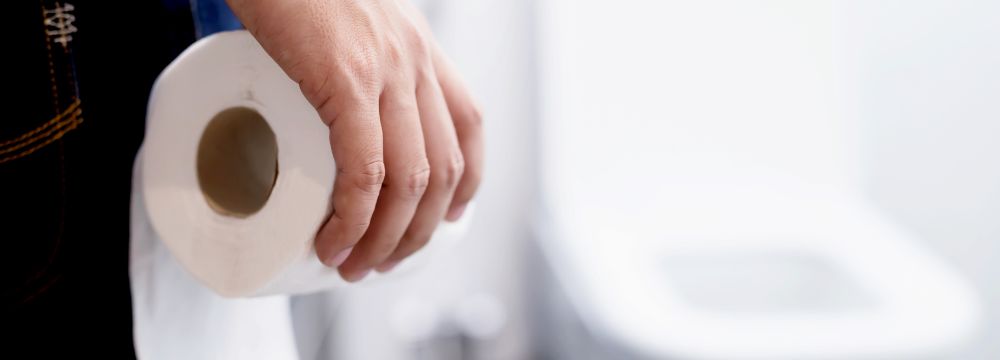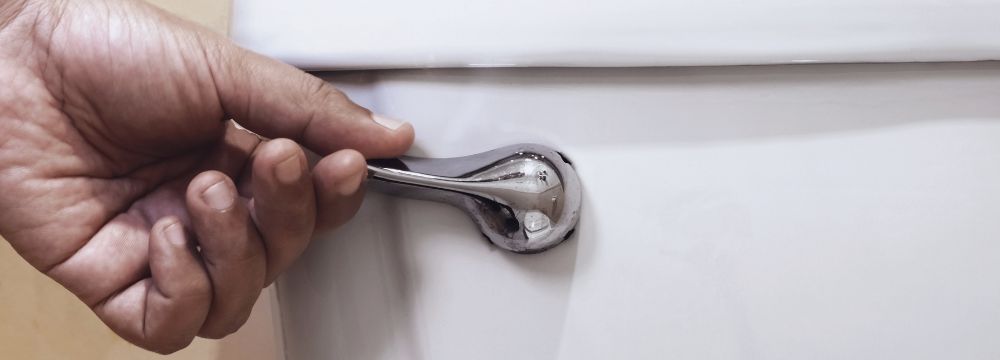Have you ever experienced sharing a funny moment with your friends, and then, amid the raucous laughter, you feel yourself pee a little? Losing control over your bladder can be embarrassing, and you’re not alone in this experience. Stress incontinence is the unintentional loss of urine due to exertion or excessive pressure on the bladder. It is a common problem that occurs due to insufficient support of the muscles surrounding the urethra, the tube that carries urine from your bladder.
Stress incontinence can happen when you engage in physical activities, and sometimes coughs and sneezes are sufficient to cause accidental urination. Fortunately, there are various methods for treating stress incontinence, ranging from conservative to surgical modalities.
Common Treatments
Through these treatments, a urologist can help you reduce the frequency and severity of any problematic urinary episodes.
Lifestyle Change
The most conservative treatment for stress incontinence involves changing your behavior regarding urination. Given that stress incontinence makes your bladder vulnerable to sudden increases in pressure, avoid excessive physical exertions.
If your weight exceeds healthy levels, undergo a weight loss program. You also need to stop smoking if you regularly consume tobacco products. If you have conditions that can cause chronic cough, such as respiratory tract infections, you need to get treated to reduce the stress on your bladder.
You need to limit excess fluid consumption that could increase urine output and make retention more difficult. Avoid carbonated drinks and beverages with alcohol and caffeine, as these can increase urine production or irritate the bladder. Adequate water consumption is still necessary to prevent dehydration.
Kegel Exercises
Your doctor might also prescribe Kegel exercises, also known as pelvic floor muscle training. The muscles in the pelvic floor are under voluntary control. However, not everyone can contract them properly on command. Kegel exercises train you to strengthen and be more aware of your pelvic floor muscles, giving you better bladder control that can withstand sudden increases in bladder pressure.
Properly performing Kegel exercises require initial guidance from your urologist, but you should also do them at home. Expect to see improvements after a few weeks of consistent practice.
Bladder Training
Bladder training is another behavioral intervention that reduces the risk of accidental leakages. It highlights setting specific times to urinate. At the beginning of the program, you may have a toilet schedule that is more frequent than usual. Frequent urination minimizes the amount of urine in your bladder at any given moment, making control easier.
Sling Procedure
In this surgical method, a surgeon uses a sling to add slight compression around the urethra. The sling repositions the urethra, making it easier to control urine flow adequately. Mesh-like synthetic material, donor tissue, or tissue from the patient can all be used to make the sling.
The sling procedure is often used for mild to moderate stress incontinence cases, especially if more conservative methods can’t provide adequate urinary control. This operation only requires small incisions to access the urethra, so recovery is quick and complications are rare.
Artificial Sphincter
An artificial sphincter system uses a cuff that can manually compress the urethra, replacing the function of the natural sphincter. A manual pump placed in the scrotum operates the cuff, while a balloon inside the pelvic region manages cuff pressure. The artificial sphincter technique is the standard for male stress incontinence.
Stress Incontinence Treatment in Mint Hill, Concord & Charlotte, NC
Many conservative and surgical options are useful in treating stress incontinence. Lifestyle changes and bladder training can help reduce leakage, while Kegel exercises increase urinary control. If these methods are insufficient, the sling procedure and the artificial sphincter can give you better protection from leaks. To help you decide, you need to work with a qualified urologist who can explain the merits and drawbacks of each option.
With offices in Concord and Mint Hill, North Carolina, the urology practice of Dr. Richard Natale, is here to help you with men’s health issues. As a member of the Carolina Urology Partners, Dr. Natale has the expertise and the experience to ensure the best outcomes for male urinary incontinence. To know more, call our staff at or schedule an appointment through our online appointment form.





